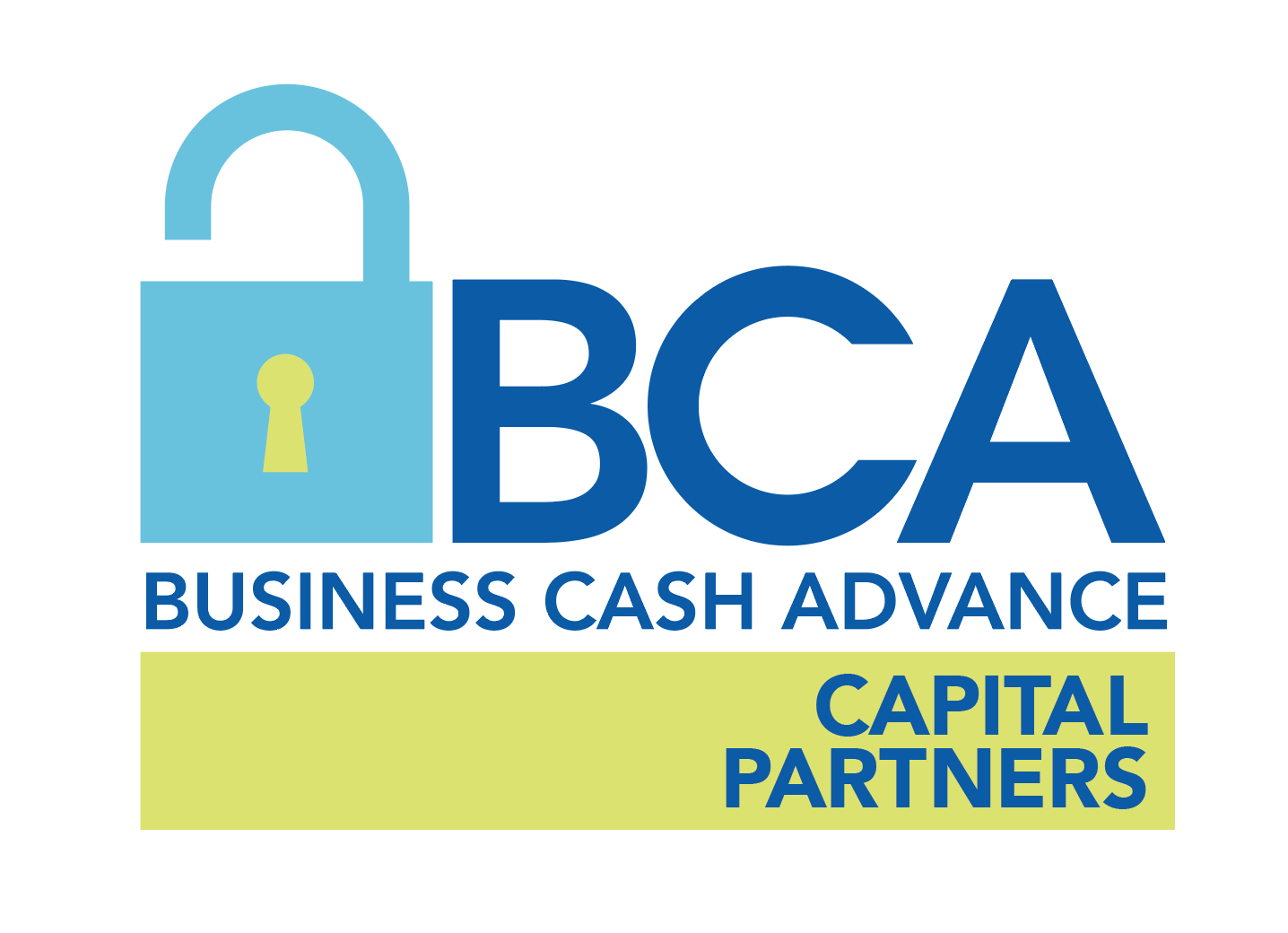MCA vs. Traditional Loans: A Comparative Exploration
In the intricate realm of business financing, the decision between Merchant Cash Advances (MCAs) and traditional loans holds immense significance, shaping the financial trajectory of a business. This blog aims to conduct a comparative analysis, illuminating the key distinctions between MCAs and traditional loans to assist businesses in making well-informed decisions about their financial strategies.
Understanding the Essentials
Merchant Cash Advances (MCAs):
MCAs furnish businesses with a lump sum of capital. An MCA isn’t a loan. Instead, the company is purchasing part of your future sales. The repayment structure is intricately linked to the business’s revenue streams, offering flexibility for those with varying incomes. The total repayment amount is determined by a factor rate, providing clarity on the overall cost of capital.
Traditional Loans:
Traditional loans involve borrowing a fixed sum from a financial institution at a set interest rate, accompanied by a predefined repayment schedule. Repayment typically consists of fixed monthly payments over the loan term, and collateral may be required.
Comparing MCA vs. Traditional Loans
**1. Application and Approval Process:
- MCAs: The application process for MCAs is generally streamlined and requires less documentation than traditional loans. Approval often hinges on the business’s sales history rather than an exhaustive credit check.
- Traditional Loans: Traditional loans entail a more extensive application process, involving a thorough credit check, an assessment of the business plan, and an evaluation of collateral. Approval timelines are usually more protracted.
2. Funding Speed:
- MCAs: MCAs are renowned for their swift approval and funding processes. Businesses can access funding within days, making them suitable for time-sensitive financial needs.
- Traditional Loans: Traditional loans typically feature longer approval processes, and the funding timeline may extend over weeks or even months, making them less ideal for urgent financial requirements.
3. Collateral Requirement:
- MCAs: When it comes to comparing an MCA vs. traditional loans, MCAs are typically unsecured, eliminating the need for collateral. This accessibility makes them appealing to businesses with limited assets.
- Traditional Loans: Many traditional loans, particularly larger ones, may necessitate collateral to secure the financing. This requirement can be a hurdle for businesses needing more substantial assets.
4. Interest vs. Factor Rate:
- MCAs: MCAs employ a factor rate, a fixed cost determining the total repayment amount. This differs from traditional interest rates, offering transparency upfront on the overall cost of the advance.
- Traditional Loans: Traditional loans involve interest rates that accrue over time. This is a contrast with the straightforward clarity of factor rates.
Strategic Financing Choices
The choice between MCAs and traditional loans carries implications that resonate with a business’s specific needs and circumstances. Grasping the disparities in application processes, funding speed, repayment structures, collateral prerequisites, and cost transparency is pivotal for making astute decisions. Whether seeking agile access to capital with flexibility or opting for a conventional route with a structured repayment plan, businesses can navigate their financial landscape carefully by selecting the financing option that aligns most effectively with their objectives and cash flow dynamics.
If you would like to learn more about how to apply here at BCA Capital Partners, please go to the Steps section of our website. Remember, we are always just a phone call away!



